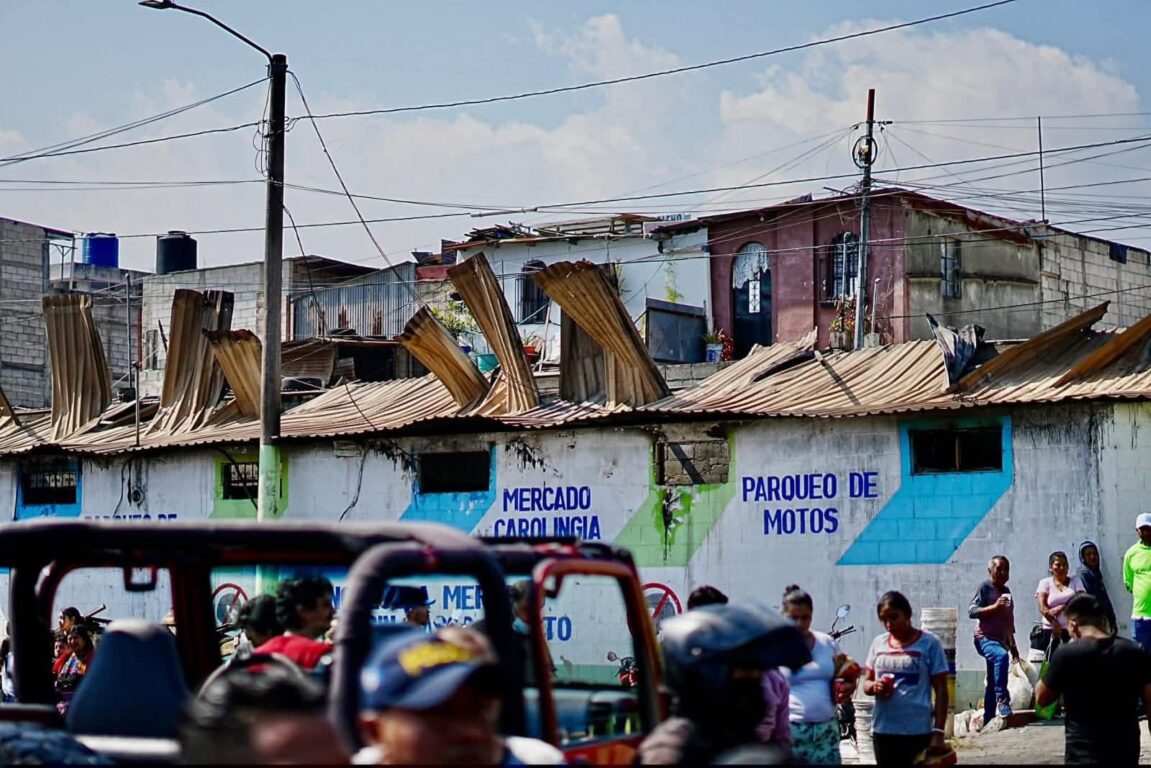By Maira Vannuchi
In Brazil we have a recently created social security policy towards the informal workers. The federal government implemented this formalising policy in 2008 during the second term government of PT (Workers` Party).
The MEI, abbreviation of Individual Micro Entrepreneur, is a registration that offers many benefits to informal workers. Simple, inexpensive and non-bureaucratic, the MEI offers excellent conditions for any informal worker contribute monthly and thus obtain a considerable coverage from the social security system as for example, a retirement and infirmity pension. Besides that, the MEI allows the worker create an enterprise through the internet, exempt from registration fees. It was made possible to hire one employee, have access to banking services including credit and reduced tax. In addition, the federal government provides technical support through SEBRAE, a public organisation which supports business projects.
We cannot deny that this registration policy is very interesting and a great role model for countries seeking to formalise its informal workers. However, those who know deeply and closely the daily problems faced by the street vendors of Brazil agree that for them this model, although beneficial, is flawed and contradictory.
In Rio de Janeiro, for example, the municipal labour department, following the guidelines of the federal government , has been encouraging and providing opportunity to street vendors to sign up for the MEI. Nonetheless, more than 5000 vendors that were formalized in 2012 registered as a MEI (becoming an enterprise and contributing monthly for the social security system) do not have a license to sell in the streets. The MEI is a formalisation national policy that encompasses all informal traders, but cannot ensure that the street vendor work. Since Brazil is a federation, the urban land and the right to occupy it for any purposes are regulated by municipal governments. Thus, the MEI as a national policy enables the street vendors to have social security coverage and satisfactory business conditions, however, it does not assures them the right of working in the street. It is therefore completely unrelated with the real working conditions, and thus aimed to formalise and not regulate street vending.
The street vending in Rio de Janeiro and in many other cities in Brazil occurs irregularly, since the number of existing licenses are much smaller than the number of vendors. This situation causes the criminalisation and persecution of the workers. The same workers who are delegitimised and disrespected by the municipal authorities are, for the federal government and the tax department, formal workers.
Although the MEI undeniably offers guarantees and benefits to workers, it does not improve the working conditions of street vendors, and beyond, doesn`t even guarantees their right of working. We cannot help thinking about the contradiction in this entire institutional situation: the government creates a device to collect the tax from street vending and fit it in their employment records, but takes no responsibility for decent work and the right of labour.
Thinking a policy of social security more satisfying to the street vendors requires attention for what is happening to these workers, understand their universe of expertise and, most importantly of all, hear them. In Brazil there is no (and there never had) institutional space of dialogue between the federal government and the street vendors. An integrate national policy of formalisation would not take care only of the regulation issue, but go further, thinking about the licensing and the work conditions of informal traders and reflecting on the concept of entrepreneurship offered by the MEI.
Brazil is a country which had its economic development based in a factory model and supported in the idea of full employment. The crisis of formal work and increasing informality appears as a failure which must be corrected (meaning: included in the formal sector) at any price. The issue becomes more serious when we see the labor movement itself supporting the end of informality and choosing to ignore any initiative of organization of informal workers, fighting exclusively for increasing formal employment in sectors as construction, trade, transport etc. It becomes more difficult to fight for working in public spaces when we see no effort from the trade unions to organize informal workers, but in the other hand, we see a lot of energy invested in extinguish the informality and include its workers in the formal employment system. The result of this conjecture is an even greater fragmentation of the informal workers organisations, and a national policy which not surprisingly individualizes the street vendors, selling a misconception that the micro entrepreneur is the person who, with appropriate incentives, training and business opportunity, will certainly grow.
What we from the side of the urban poor and the social movements have to put the whistle is that the street vendor will only achieve favorable work conditions by organizing, uniting and cooperating with each other to collectively fight for the right to the work, the right to the street and the right to the city, which increasingly insist in swipe away the marks of poverty. We have to make clear that "growing" is not a matter of "will" and of "investing time and energy" but that we live in an economic system that generates poverty, exploits workers and does not provide equal opportunity.
We have much to learn from our Asian and African brothers, who despite all the difficulties, are models of political organization of informal workers and managed to legitimized and recognized street vendors as vital subjects in the social economy of their countries.


